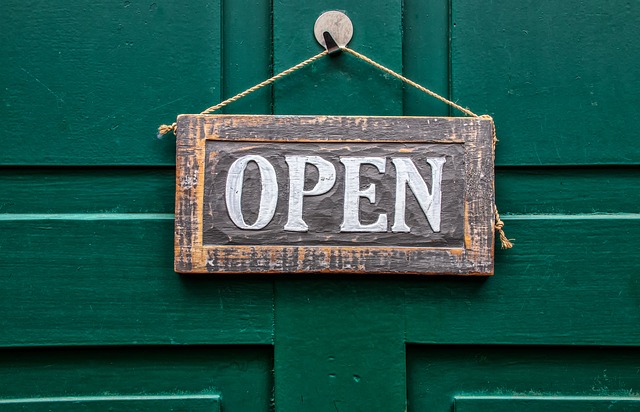 Picture from Pixabay.com
Picture from Pixabay.com
“Openness is about sharing and being
generous”, says David Wiley on a Ted talk. That made me think of my own
practice. How open am I? Is there a 2-year old in me saying “I don´t want to
share”? There probably is, because I reacted on this point. And when Davis
continues his argumentation he talks about the openness in education. According
to him the most successful teachers share the most with students. That is why
we teach – to give students opportunities of learning what we know and more.
Why am I not sharing everything openly? I
know my expertise does not weaken when sharing with others. Maybe my earlier
experiences at school or my competitive personality makes it harder for me to
share. I remember being helpful and generous at school, resulting in someone
else getting the credit for the work. I can still attach to that feeling of
injustice.
In our group we also found other threats
the educators experienced attached to openness. We might feel uneased when
sharing our own material online. We might be afraid of ridicule or of our
content becoming invalid because of evolving knowledge. We might be afraid of
theft or criticism.
I hope all of us will respect the rights of
the creator when using material on-line. Bates (2015) writes about five core
principles of open publishing:
- re-using: This is the most basic level of openness. People are allowed to use all or part of the work for their own purposes (for example, download an educational video to watch at a later time);
- re-distribution: People can share the work with others (for example, send a digital article by-email to a colleague);
- revising: People can adapt, modify, translate, or change the work (for example, take a book written in English and turn it into a Spanish audio book);
- re-mixing: People can take two or more existing resources and combine them to create a new resource (for example, take audio lectures from one course and combine them with slides from another course to create a new derivative work);
- retaining: No digital rights management restrictions (DRM); the content is yours to keep, whether you’re the author, an instructor using the material, or a student.
If we all follow these principles, no one should be afraid of theft and when being open we all contribute to the co-creation of knowledge.
References:
Bates, T. (2015). Teaching in a Digital Age: Guidelines for Teaching and Learning.
Open
education and the future, Short
TED-talk by David Wiley